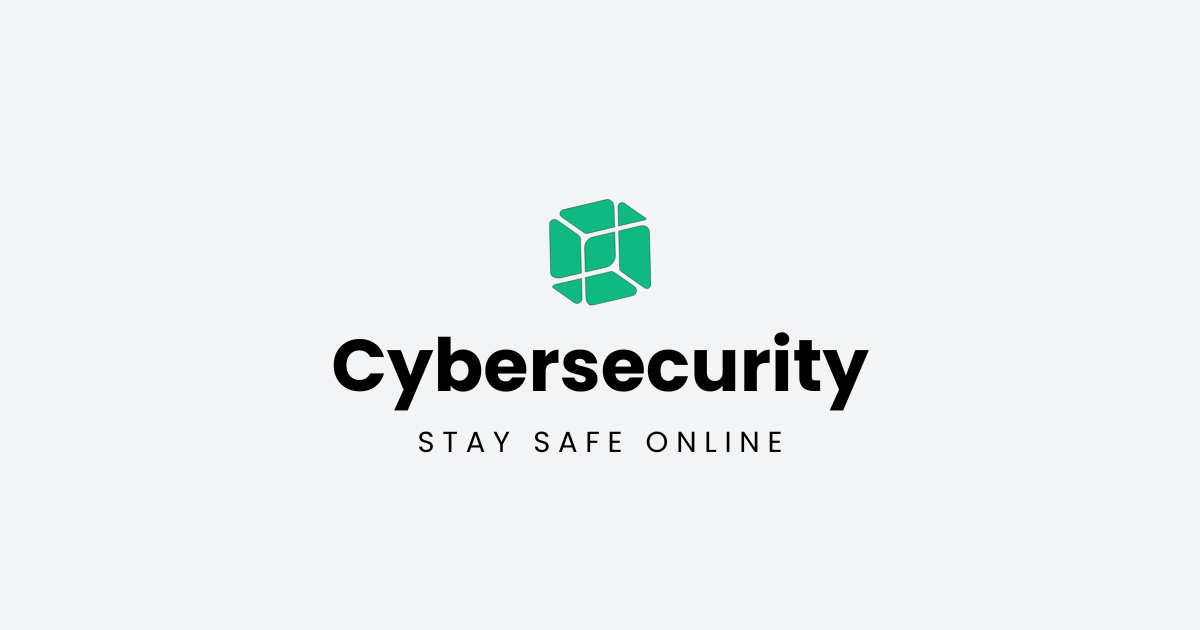Your cart is currently empty!
Cybersecurity: 5 Essential Steps to Stay Safe Online

Overview
Cybersecurity has become a daily concern for anyone connected to the internet. From personal banking to business operations, our online activities can quickly become targets if we don’t stay vigilant. In this blog post, we’ll explore five definitive threats that put your digital life at risk and share practical tips on how to protect yourself. Whether you’re dealing with phishing attempts or trying to secure a multi-account setup, this guide will help you navigate the web more safely.
1. Phishing Scams
One of the most common cybersecurity threats is phishing—a deceptive tactic where attackers masquerade as trustworthy entities (like banks or social networks) to steal sensitive information. According to a study by CISA, phishing incidents have surged due to their high success rate. Victims often unknowingly click on malicious links or enter personal data, enabling hackers to gain access to accounts and financial details.
- Red Flags: Urgent requests, suspicious attachments, spelling mistakes, and unknown sender emails.
- Protection Tip: Never click on links or download files from unknown sources. If in doubt, visit the official website by typing its address manually.
2. Malware Infections
Malware is a broad category encompassing viruses, worms, spyware, and more. These programs infiltrate your devices—often via downloads or compromised websites—and can steal data, log keystrokes, or even encrypt files in ransomware attacks. Leading tech publications like TechRadar emphasize the importance of running reputable anti-malware software to minimize infection risks.
- System Updates: Regularly update your operating system and apps to patch security vulnerabilities.
- Trusted Sources Only: Download software from official sites and avoid pirated content.
3. Data Breaches and Identity Theft
Hackers frequently target large databases—often held by retailers, social platforms, or even governments—to harvest user details. Stolen data like email addresses, passwords, or credit card numbers can then be used for identity theft or sold on the dark web. According to a recent report by Wired, data breaches continue to increase globally, underscoring the critical need for strong password practices.
- Secure Passwords: Use a mix of letters, numbers, and symbols, and never reuse passwords across sites.
- Two-Factor Authentication: Enable MFA on essential accounts to add an extra layer of security.
4. Ransomware Attacks
Ransomware involves encrypting your data and demanding payment (often in cryptocurrency) to restore access. It’s a lucrative form of cybercrime impacting both individuals and organizations. Studies from Germany’s Federal Office for Information Security (BSI) show that ransomware attacks can cripple systems for days if proper backups aren’t in place.
- Backup Strategy: Keep offline backups and test them periodically. If ransomware hits, you can recover data without paying the ransom.
- Email Vigilance: Ransomware often enters through phishing emails, making email security your first line of defense.
5. Unsecured Wi-Fi & Public Networks
Public Wi-Fi networks—found in cafes, airports, or hotels—are notorious for cybersecurity weaknesses. Hackers can intercept unencrypted data (like login credentials) via Man-in-the-Middle attacks. Many users opt for VPN services to add a layer of encryption, but there’s an even better approach for dynamic IP rotation and authenticity.
VPN vs. German Mobile Proxies
A VPN secures your connection through an encrypted tunnel, masking your IP. However, a VPN typically uses static data center IP addresses. Mobile Proxies route your traffic through real mobile devices, providing genuine carrier IPs that rotate frequently. This makes it significantly harder for hackers—or even websites—to track your browsing patterns or flag you for “suspicious activity.”
If you need an ultra-secure connection that mimics regular user traffic, mobile proxies are the superior choice, especially for managing multiple accounts or sensitive data transfers.
Why PROXY.father for German Mobile Proxies?
If you need German Mobile Proxies for secure browsing, data protection, or preventing tracking within Germany, PROXY.father is your best choice. Our rotating mobile proxies provide real carrier IPs, making it harder for websites, hackers, or surveillance tools to track your online activities. They offer a reliable solution for maintaining anonymity, securing sensitive data transfers, and preventing location-based restrictions.
📌 For UK 5G Mobile Proxies and USA 5G Mobile Proxies, explore our Global Proxy Marketplace for high-speed, secure international proxies.
Conclusion
Staying safe online is an ongoing effort, especially given the fast-changing cybersecurity landscape. From phishing emails to ransomware, each threat demands proactive measures like strong passwords, multi-factor authentication, and updated software. While traditional VPNs help, Mobile Proxies from PROXY.father offer an enhanced layer of privacy by rotating authentic mobile IPs. Ultimately, protecting yourself—or your business—comes down to being informed, taking consistent precautions, and choosing the right tools to secure your digital footprint.
Implement these strategies today, and enjoy greater peace of mind in our increasingly connected world.